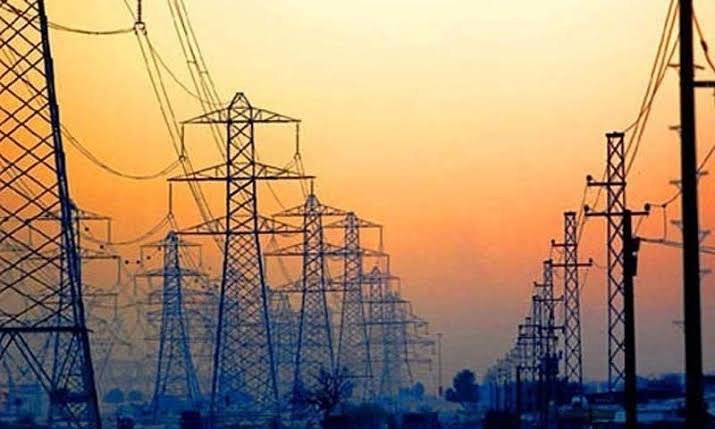Do you know NEPRA Disapproves of Lower Solar Unit Tariffs? The National Electric Power Regulatory Authority (NEPRA) in Islamabad has rejected a plan to reduce energy costs for additional power provided by rooftop solar power producers.
On the other hand, it has looked into reducing the met metered users’ tariff from Rs. 19.32 to Rs.
Power distribution businesses like DISCOs buy excess electricity for Rs 19.32 per unit from solar-powered facilities. However, a price cut to Rs 9 per unit is required by DISCOs.
Read More: Nation’s First Digital School Opened by the Federal IT Minister.
NEPRA Disapproves of Lower Solar Unit Tariffs
Ironically, DOSCOs charges roughly Rs 30 per unit for the electricity it sells to clients. Under the net metering scheme, they must purchase extra electricity from domestic customers who have solar panels installed on their rooftops at discounted prices.
The power sector regulator accepted a judgement on Monday that allowed net metering consumers to keep selling extra electricity to DISCOs at Rs 19.32 per unit.
The NEPRA (alternative and renewable energy) distributed generation and net entering regulations for 2015 were presented, however the NEPRA (alternative and renewable energy) presented its decision on the requested adjustment.
Additionally, in response to media stories and comments from various stakeholders, the regulator organised a public hearing to gather input on the revisions.
They claim that the Authority had analysed the stakeholder’s written and oral submissions and had examined the government’s plan to integrate clean, affordable renewable energy into the grid.

According to NEPRA, stakeholders also paid attention to the economic advantages and statistics.
Because of the discussion mentioned above, the authority has decided not to change the current
Distributed Generation and Net Metering Regulations of 2015 under NEPRA (Alternative and Renewable Energy).
Furthermore, he added that net metering customers would keep selling extra electricity to DISCOs at Rs 19.32 per unit.
This suggests that net metering has a greater likelihood of national promotion.
However, when there was a need to cut electricity rates for net metering users who wanted to export excess electricity to DISCOs, the coalition government intended to add 10,000 megawatts of solar power to the national grid.
As a result of rising regional electricity tariffs, the government has intended to impose cheaper electricity into the grid. However, the government also has plans to raise prices in the near future.
When multiple solar projects were in the works, the solar industry was not pleased with the decision.
The solar power sector stated during a previous public hearing that “it would impede the installation of rooftop solar panels. In Pakistan, there are a total of 20,700 rooftop solar power generators.
NEPRA Chairman Tauseef H. Farooqui made his comments while presiding over a public hearing on the 2015 revisions to the NEPRA, distributed generation, and net entry regulations.
Read More: Reimagine Agriculture in Pakistan Acumen Draws up Key Player
NEPRA Disapproves of Lower Solar Unit
He added that they didn’t want to discourage the use of solar energy to generate electricity.
By adopting SRO 1261 (J)/2017 on December 20, 2017, NEPRA first put forward changes to those regulations, extending the period of the contract between the distribution firm and distributed generator from three to seven years.
A sub-regulation (5) of regulation 14 mandated that “the Authority may from time to time decide the tariff payable by the Distribution Company to the Distributed Generator: provided.” However, once granted to a Distributed Generator, the price is good for the duration of the License/Agreement.



